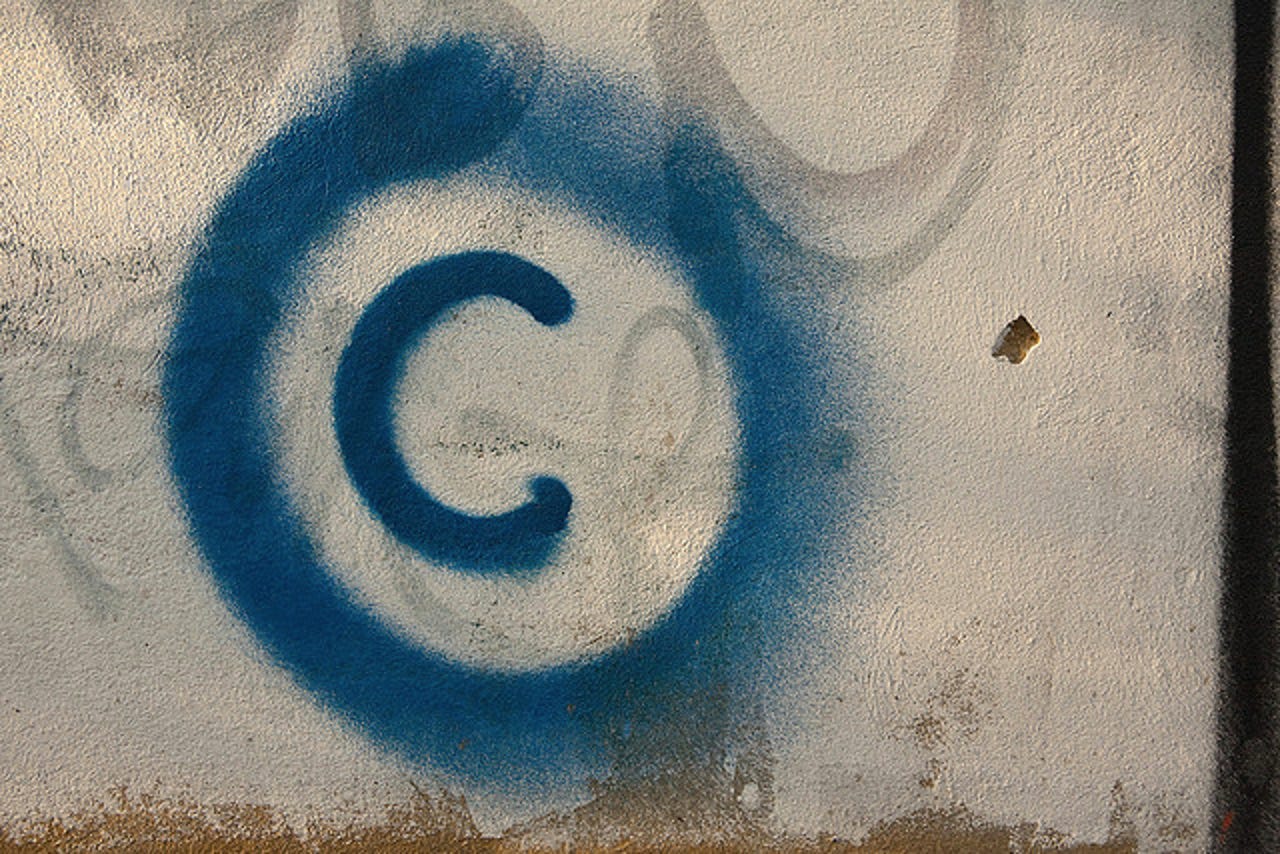On copyright, putting the cart before the horse

On Monday, the U.S. Justice Department requested $5 million from Congress to hire more prosecutors to pursue intellectual property crimes. The move comes, according to Reuters' Jeremy Pelofsky, in response to continued pressure from the entertainment industry.
I'm all for enforcing laws; that's the point. But I can't help but think that we're putting the cart before the horse on this subject, so soon after digital SOPA/PIPA protests forced action on Capitol Hill and while ACTA remains a hot issue.
First things first: the defense of intellectual property is central to the work that I, and others at my company, do. I'm not speaking on behalf of anything or anyone but myself here.
The DOJ request makes perfect sense on its face: the department needs another 14 new employees, nine of them attorneys, to handle the sizable (and likely sustained) uptick in intellectual property crimes. With Megaupload and other rather unprecedented border-spanning cyberaffairs clogging up the system, it's clear that the U.S. Justice Department is not properly organized to deal with these cases in an efficient manner.
So, an expansion? All for it. Except for one thing: the laws themselves are not nearly as clear as they need to be.
I am concerned that the U.S. is loading up on legal ammunition against IP infringement, specifically the digital kind, before it fully understands or acknowledges the nuances of an admittedly very complex situation.
Many regular people know, vaguely, that the issue is complicated. But the latest moves by officials in various countries to enforce the law are not at all helping clear it up:
- SOPA and PIPA came under fire for giving IP holders too broad of power, via court orders, to shut down the connective tissue of the Internet while the case is under investigation.
- ACTA is similarly criticized for creating a supernational body that, in the absence of a true universal international legislative body, can better coordinate prosecution of such crimes.
The intentions begin as well-meaning: governments seek to agree upon a standard course of action for prosecuting this crime, which is undoubtedly international in nature and requires considerable coordination to impact in any significant measure. We all need to be on the same page, and nearly everyone agrees that lawlessness on this topic will negatively affect the world's innovators.
But what I'm not seeing, at least from where I'm perched, is any progress on defining just what copyright infringement is (and isn't). The amount of gray area between so-obvious-everyone-agrees and no-way-any-rational-person-would-think-so is tremendous. Unless we better define what is and isn't running afoul of the law, we only add more fuel to the fire, by making it easier to prosecute...well, whatever is interpreted as worth prosecuting.
As technology continues to reduce the physical barriers to the reproduction of content, from digital music to 3D printing, the issue will become even more contested. Most people agree that digital repositories for copied copyrighted content should be illegal, even if those people use them all the same. It's the grayer areas in the middle that require the most attention and care, including the murky depths of "fair use."
Five million dollars to prosecute IP crimes? Sure. But we need another five million more to clean up the overly complex, contradictory and outdated language that's on the books today with something that the majority of reasonable people can rely on.
We need a strategy before we act. Or as my father always said: "Measure twice, cut once."
Photo: Horia Varlan, via Flickr. Used under a Creative Commons Attribution 2.0 license, with faith that I followed applicable law.
